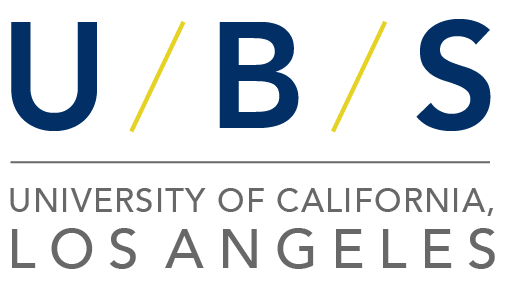PRODUCT MANAGEMENT 101
Want to hear about PM from a student perspective? Learn more here.
What is Product Management?
Product Management is a multidisciplinary role in technology companies that bridges business, engineering and design to develop, launch, and improve products. PMs (Product Managers) are responsible for:
Defining the product vision and strategy.
Prioritizing features based on user needs, business goals, and technical feasibility.
Collaborating across teams like engineering, design, marketing, and sales to ensure successful product launches.
Question a PM would need to figure out: “What features should we prioritize based on business goals and value delivered to users?”
Product Managers (PMs) are like navy captains, steering their ship toward a mission. While they rely on their crew—engineers, designers, and analysts—to operate the ship, they set the course, make critical decisions, and adapt to challenges. PMs don’t do the hands-on work but ensure everyone is aligned and moving toward the shared goal. Depending on the company, PMs typically do not need to know how to code–they just need to be able to communicate with engineers.
What type of companies hire PM’s?
Technology companies! There are 2 main types of technology companies: consumer and enterprise.
Consumer-Focused Companies (B2C - business to consumer):
Examples: Social media platforms, e-commerce sites, gaming companies.
Products are designed for general consumer use.
Uber, Airbnb, and Robinhood are examples of consumer companies that hire PMs
Enterprise Companies (B2B - business to business):
Examples: Workplace communication tools, business management software.
Products cater to specialized business needs.
Salesforce and Atlassian are examples of enterprise companies that hire PMs
What Companies Hire the Most PM’s?
Big Tech Companies:
Google, Meta, Microsoft, Amazon, LinkedIn.
These companies often run structured APM (Associate Product Manager) programs.
Mid-Size Companies:
Examples: Samsara, Shopify, and Pinterest.
Offer focused PM roles with opportunities to lead significant projects.
Startups:
Examples: Series A or B funded companies in rapidly growing industries.
Provide hands-on experience and exposure to all aspects of product development.
Caveat: Typically startups prefer hiring full time PMs with multiple years of experience as they do not have the resources or time to train entry level PMs. However, PM internships are often a good way to get your foot in the door and gain product experience.
How do PM’s operate within a tech company?
PMs coordinate across multiple roles to ensure product success:
Engineering Teams:
Collaborate to build the product.
Provide technical feasibility insights and implement features.
Design Teams:
Develop user-friendly interfaces and experiences.
Focus on making the product visually appealing and intuitive.
Business and Marketing Teams:
Identify target markets and craft messaging strategies.
Ensure alignment with business goals.
Data Analysts:
Use data insights to refine the product strategy.
Monitor key performance indicators (KPIs) like retention and growth.
Legal and Compliance Teams:
Ensure products meet regulatory standards.
Address privacy and data handling concerns.
What is the recruitment timeline for internships and full time roles?
Recruiting begins in the fall typically for both internships and full time. This is a very rough estimate of a timeline because each year it may change and a lot of companies have different timelines.
Internship Recruitment:
Applications Open: August–October.
Interviews: October–February.
Decisions: November–March.
Full-Time Recruitment:
Applications Open: July–November.
Interviews: September–February.
Decisions: November–April.
Some companies have a second wave of recruitment for internships in January–March. Additionally, timelines in PM notoriously change each year depending on company hiring needs and macroeconomic pressures.
Where can I learn more about PM at UCLA?
Product Space at UCLA - Product Space is UCLA’s first student-run organization building product knowledge and breaking students into top careers in product management, product marketing management, and product design. The curriculum is comprised of a yearlong fellowship and client projects, where students gain real-world experience with top tech companies like Adobe, Amazon, Asana, Waymo, and more.
DevX - DevX is a club that aims to build “moonshots for UCLA”. Every year, a group of product managers can lead their own teams of engineers, designers, and marketers to design, develop, and launch a product for UCLA and beyond.
UBS events! The Technology Committee typically puts on annual events related to PM where you can learn more about product and/or meet alumni
Contributors: Angelina Lue and Esther Tian
